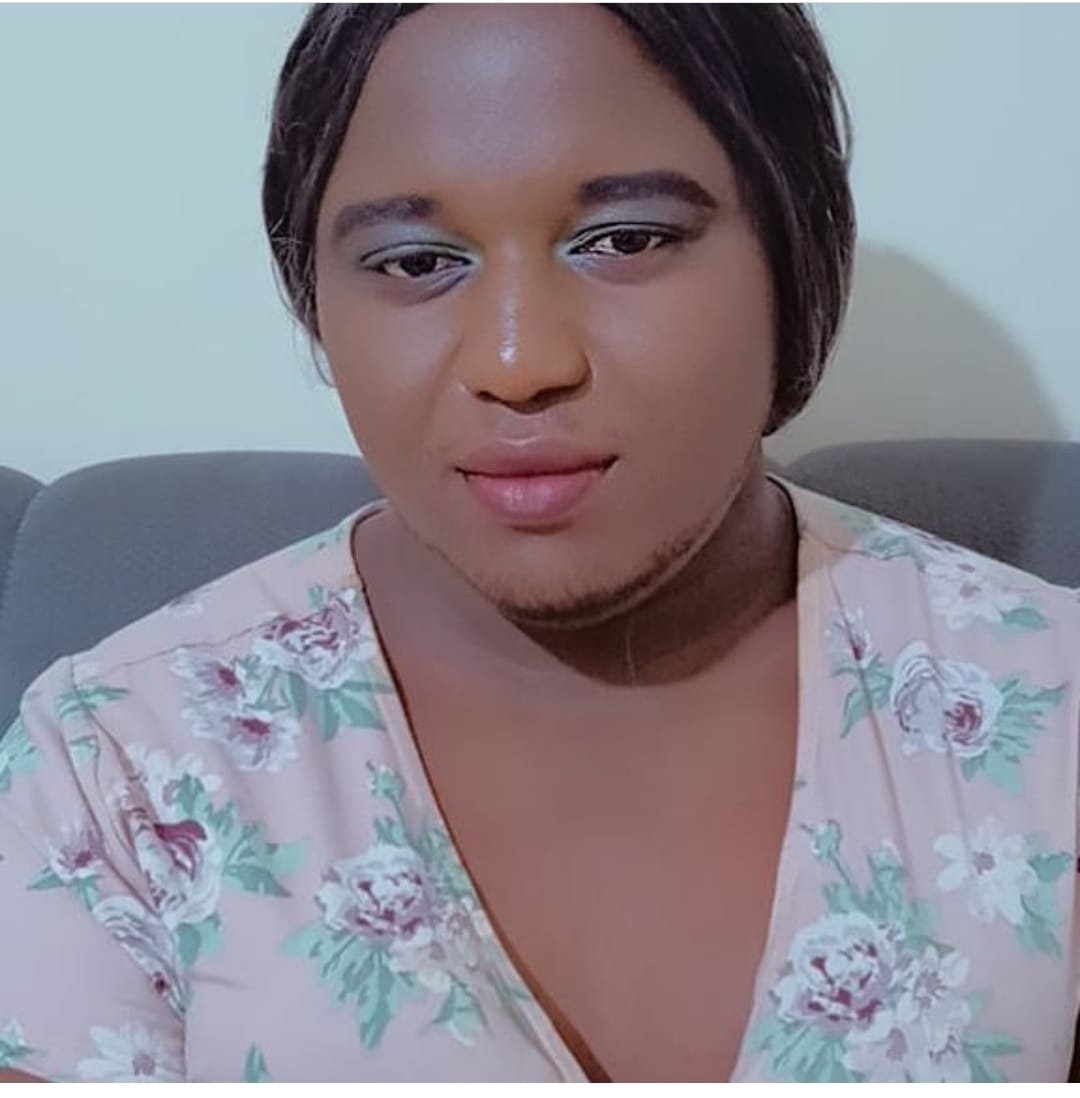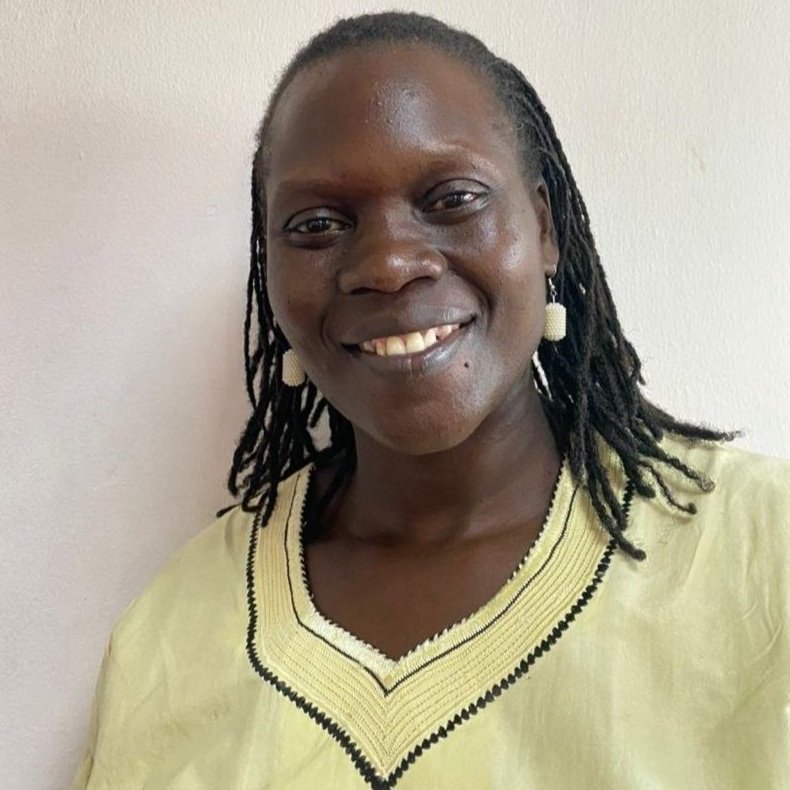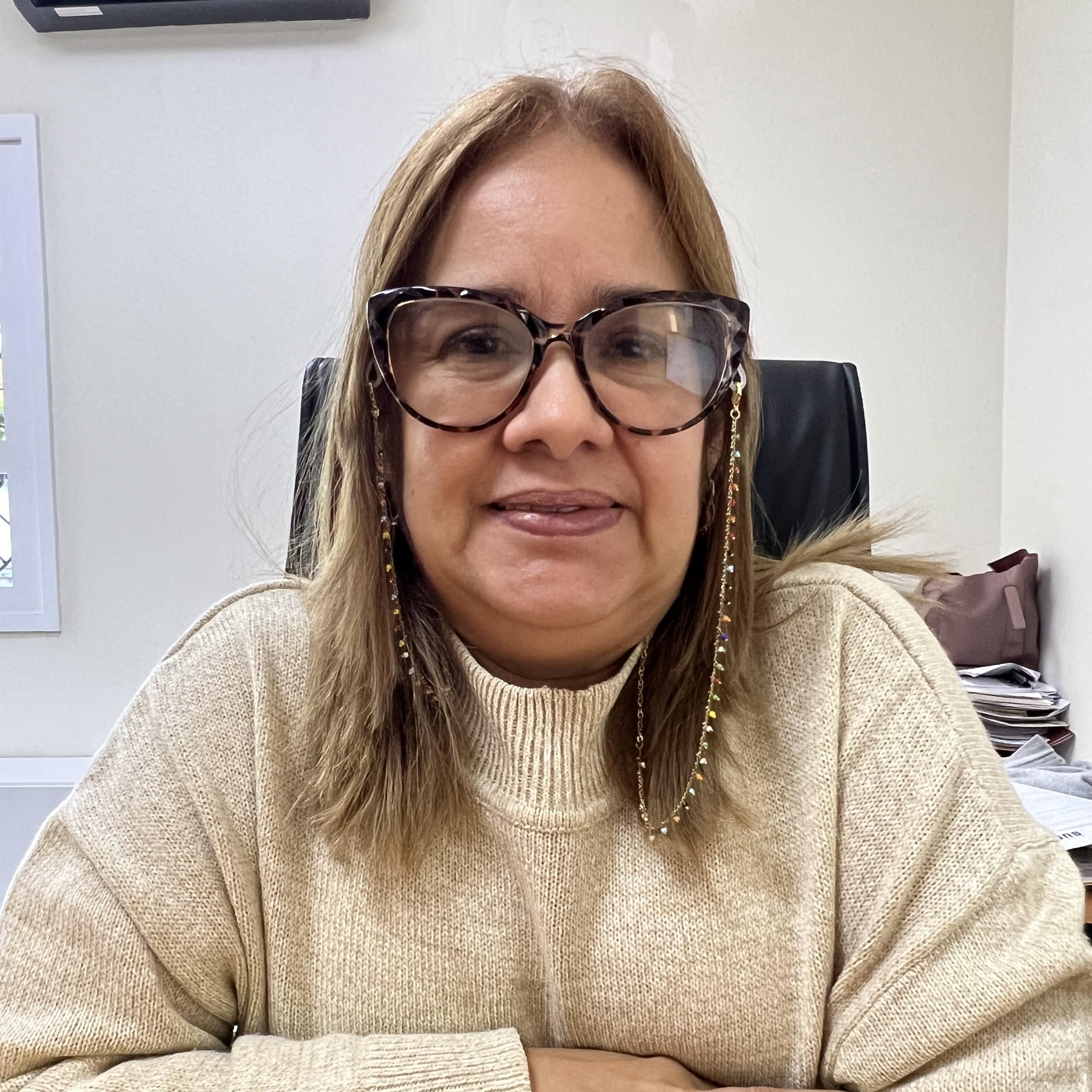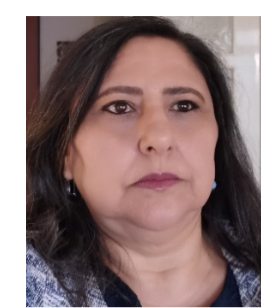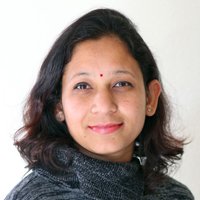Globally, humanitarian need is at an all time high - yet most crises are classified as “forgotten”. In this session, led by women’s rights organizations on the frontlines of emergency response in the Global South, we’ll explore how forgotten crises are defined, and will question whether “ignored” or “neglected” are more appropriate terms. We’ll discuss how the humanitarian system should use a feminist approach to respond to forgotten crises and protracted, complex, intersecting emergencies. We’ll examine how a feminist approach can have a lasting impact long after the news crews have left - if they were ever there to start with.
This is a virtual event and open to participants around the world. Sign up below to register for the Zoom link.
-
Ohaila Shomar is a human rights activist, an expert trainer in gender-based violence (GBV), and has developed anti-violence programs and published manuals on eliminating violence against women and children. She established five helplines for women survivors of violence and a child protection helpline in Palestine and the MENA region; she also consults with national and international organizations working on women’s and children’s issues and against violence and has published a number of research works. Ohaila is also CHI´s Middle East and North Africa Regional Representative on the Supervisory Board, CAP international board member, FHN Advocacy Committee member, Board member for ECPAT International, Advisory Committee member for World Vision Jerusalem, West Bank and Gaza.
-
Onzia Teopista is Executive Director at Community Empowerment for Peace and Development West Nile (CEPAD-WN), Uganda. CEPAD-WN is a women founded, women-led national NGO. Onzia is a public health professional and studied at the Nexus International University in Uganda. A gender and women’s rights advocate, sexual and reproductive health student, member of the Environmental Health workers Association of Uganda, Onzia has worked in both humanitarian and development contexts for over 15 years. Experienced in refugee crisis emergency response, she is also a consultant on institutional development and management, a research fellow in a number of studies, and a trainer.
-
Description tJessica Laura is Coordinator, Researcher, Writer, and Technical Advisor at Kiambu Sex Workers Advocacy Group (KIASWA) in Kenya. Passionate about the growth and development of trans people, especially in Africa, Jessica has been involved in leading trans and sex workers advocacy efforts. Jessica’s work at KIASWA aims to build member organizations’ ability to meet the social, cultural, economic and health needs of marginalized communities across Kenya. They envision a society in which trans people can access services without stigma or discrimination and are free from cultural and social homophobia. Jessica’s work aims to inspire and equip the trans community and its allies in fighting discrimination and to build power and personal agency.
-
A feminist activist, Anuja Shrestha completed her Master's Degree in Sociology at Tribhuvan University of Nepal with a Gender Specialization. She associated with Tewa, Nepal's Women's Fund for the last 13 years and looks after the grant making program currently as Senior Grant Making Manager. Tewa's grants focus is on the empowerment of Nepalese women with different thematic areas and crisis response from a feminist perspective. Besides grants she is also responsible for Grant Plus Support of Tewa through capacity strengthening of grantee partners and building networks and linkages with funders, stakeholders and like-minded organizations. She is also engaged with different movement building and environment justice networks.
-
Belmar Franceschi is the executive director of La Asociacion Civil de Planning Familiar (PLAFAM) in Venezuela. Prior to joining PLAFAM, she held positions at various United Nations agencies, including UNAIDS, UNIFEM, UNFPA, as well as Simon Bolivar University. With over 20 years’ experience in the field of sexual and reproductive rights, with a particular focus on gender, group dynamics and community building, Belmar has served PLAFAM in several capacities, as youth center coordinator and education, to clinic coordinator and general program director. As Executive Director, she leads a multidisciplinary team in effective research, education and community intervention strategies, as well as in the provision of medical services, and plays an important policy advocate role.
Please note: The event starts at 6.30am New York Time (EDT) (10.00am London - 1.00pm Nairobi - 3.30pm New Delhi). Find your time zone here.
This session will have translation in Spanish, French and Arabic.
Session format
A panel discussion between frontline responders in an online session, where panelists share their experiences from the frontline of crises that are overlooked. The session is an opportunity to share stories and to discuss the geopolitics of crises, and a feminist approach to ensuring those that go unresponded to are put on the map.

